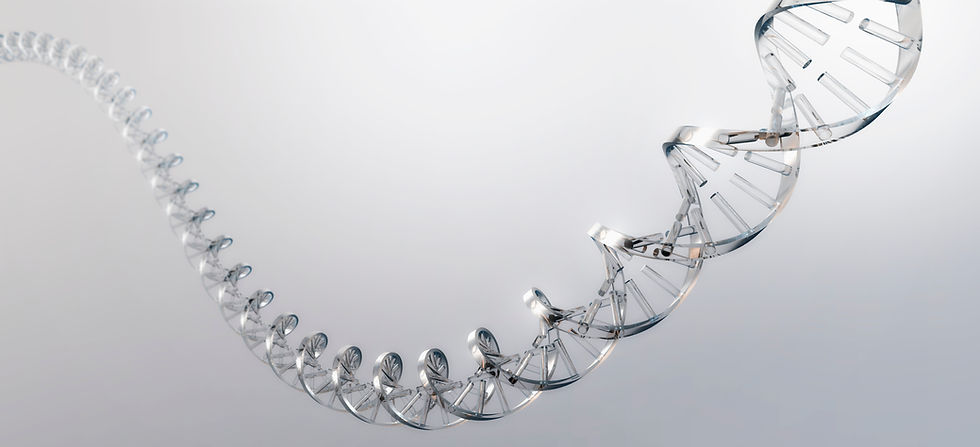
Multi-Cancer Early Detection (MCED)
Multiple cancer early detection (MCED) is designed to detect various types of cancer at an early stage, often before symptoms appear. Traditional cancer screenings typically focus on individual cancers (e.g., mammograms for breast cancer, colonoscopies for colorectal cancer), but MCED test aims to screen for multiple cancers in one test.
It is not intended to replace traditional single -cancer screenings but to be used alongside them. The test does not diagnose cancer directly; it screens for circulating tumor DNA (ctDNA) that suggest cancer. MCED tests rely on liquid biopsies, which analyze biomarkers like DNA, RNA, proteins, or other substances in the blood that may indicate the presence of cancer.
MCED technologies aim to detect a broad range of cancers, including some that do not currently have routine screening methods (e.g., ovarian, pancreatic, or liver cancers). The goal is to catch cancer early, when treatment is more likely to be successful. Since most MCED tests use blood samples, they are generally less invasive than traditional screenings like biopsies or imaging tests.
